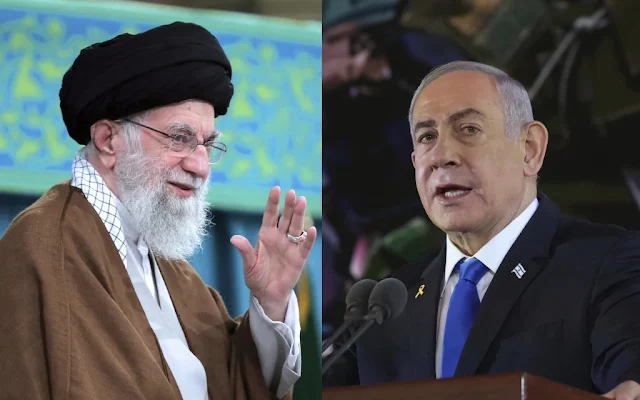Iranian President Masoud Pezeshkian has signed into law a measure passed by parliament last week to suspend cooperation with the UN’s nuclear watchdog, the International Atomic Energy Agency (IAEA), Iranian state media reported on Wednesday, July 2.
The move comes amid escalating tensions over Iran’s nuclear activities. Just weeks ago, the IAEA’s board voted to declare Iran in violation of its commitments under the Nuclear Non-Proliferation Treaty (NPT), citing Tehran’s continued restrictions on inspectors and its accelerated uranium enrichment program. Iran responded by accusing the agency of aligning with Western powers and claimed it was offering justification for Israeli air strikes, which intensified following the IAEA vote.
Under the new law, any future inspections of Iran’s nuclear facilities by the IAEA will now require direct approval from Iran’s Supreme National Security Council — a step widely viewed as limiting international oversight.
“We are aware of these reports. The IAEA is awaiting further official information from Iran,” the agency said in a brief statement on Wednesday.
Meanwhile, Iranian Foreign Minister Abbas Araqchi told CBS News that a recent U.S. bombing raid had “seriously and heavily damaged” Iran’s key Fordow nuclear facility. While Washington has not publicly confirmed such an attack, the claim highlights the increasingly dangerous standoff.
The law represents another blow to international efforts aimed at curbing Iran’s nuclear program. Efforts to revive the 2015 nuclear agreement — under which Iran agreed to limits on its nuclear work in exchange for sanctions relief — have stalled since the U.S. withdrew from the deal in 2018 under then-President Donald Trump. Since then, Tehran has steadily expanded its nuclear program, enriching uranium to levels closer to weapons-grade.
Iran insists its program is purely for peaceful purposes, but Western powers and Israel argue it could be used to develop nuclear weapons capabilities. The new restrictions on IAEA inspections heighten concerns about transparency and reduce the international community’s ability to monitor Iran’s nuclear work.
This escalation also risks further destabilizing the already volatile Middle East and could drive up global energy prices if tensions continue to rise.

















0 Comments